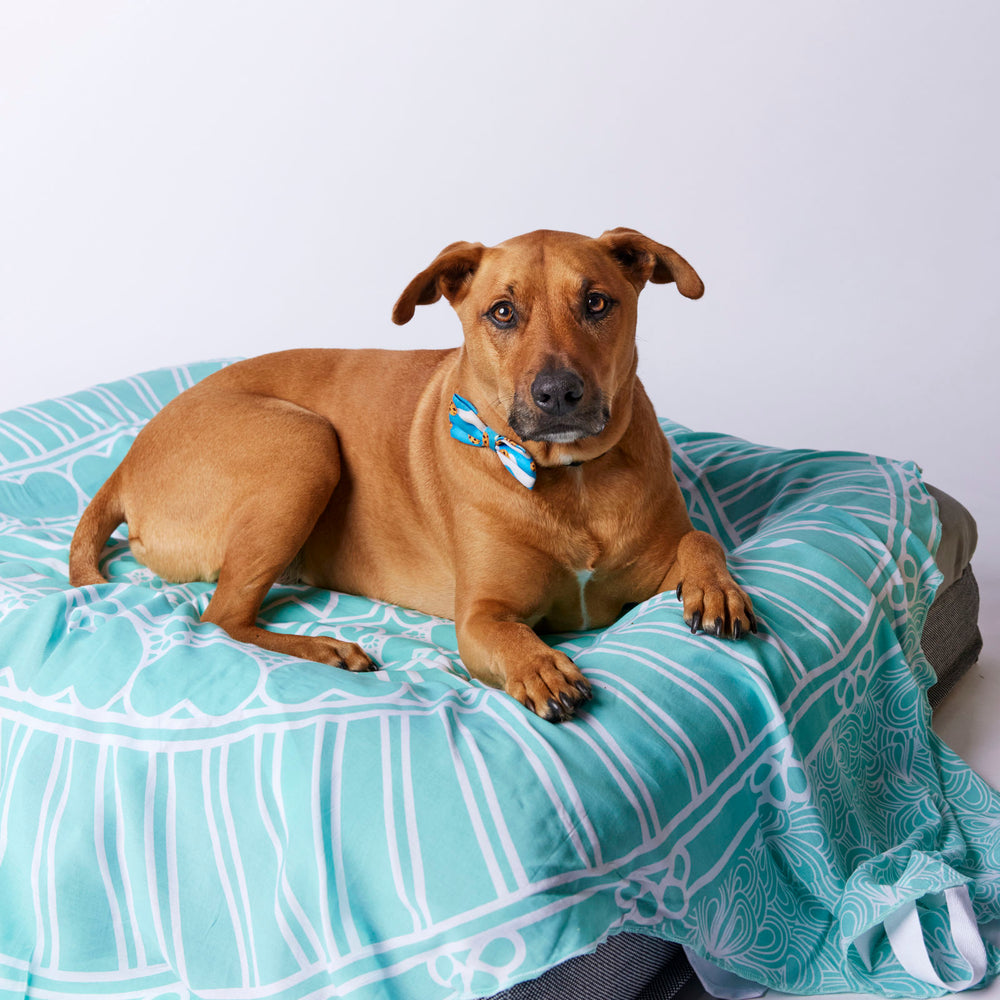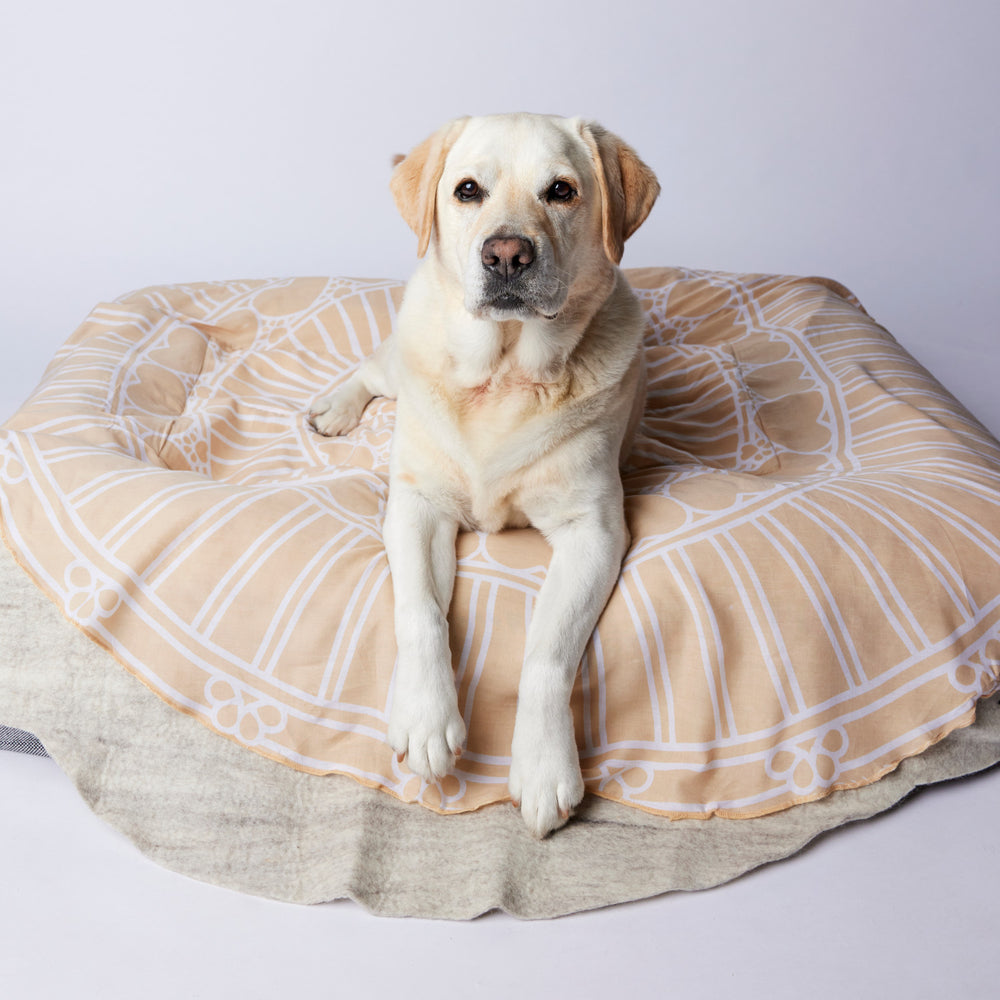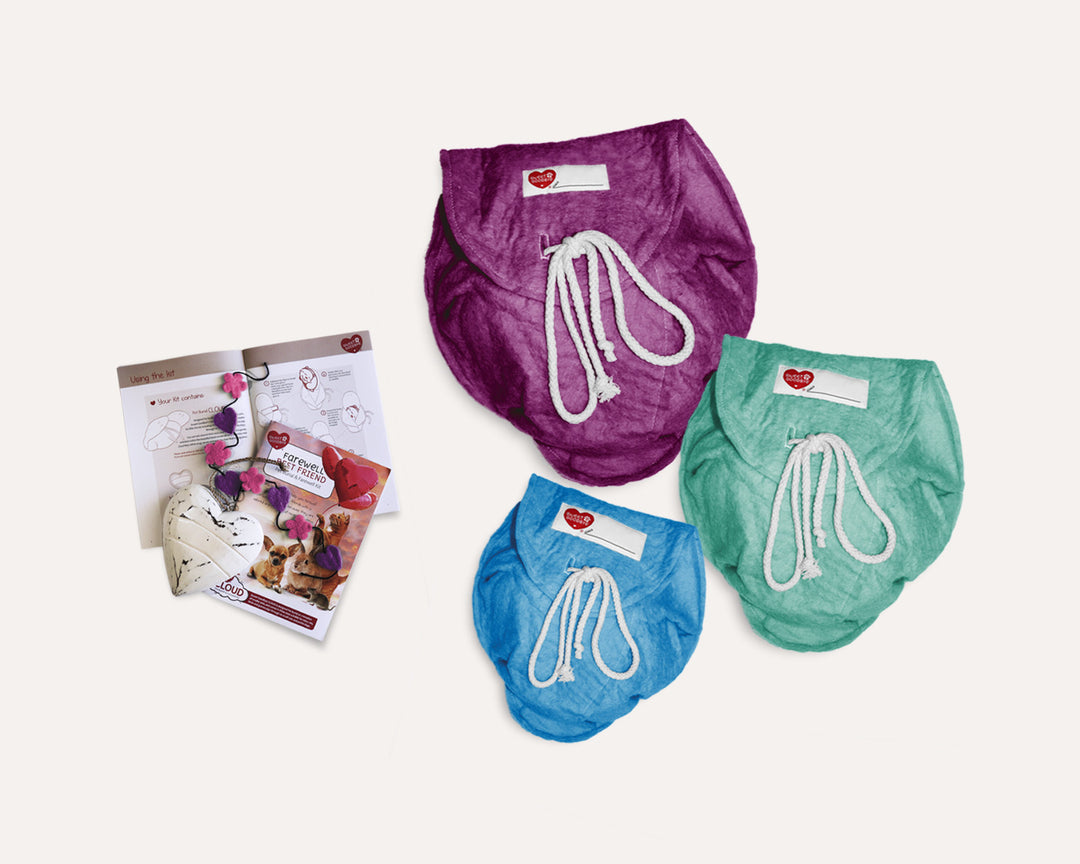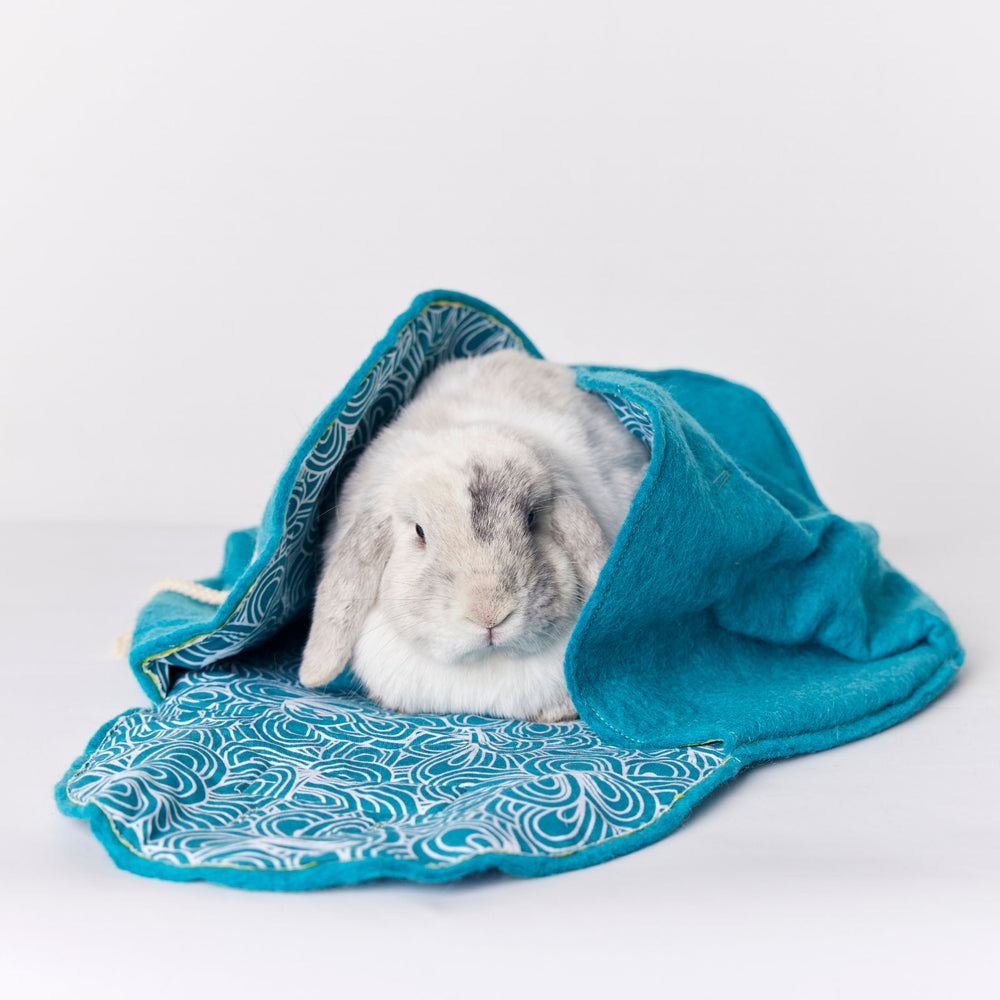Alternative Therapies for Senior Pets: What's Available and How They Work

Caring for senior pets can be challenging. Some procedures are risky for our older pets, making treating their health problems difficult. Fortunately, there are numerous alternative therapy options that may alleviate pain and mobility problems.
We have delved into the world of alternative treatments discovering how they work and how they may be able to help your senior pet.
Acupuncture

Based on the belief that the therapy relieves stagnation and encourages total-body wellness by restoring balance, acupuncture is highly beneficial when treating senior pets.
During an acupuncture session, hair-thin needles are inserted into specific body points called acupressure points. These points are mostly located at the place where bundles of blood vessels and nerves meet.
When stimulated, these acupuncture points encourage the pet's nervous system to release anti-inflammatory and natural pain-relieving chemicals.
Acupuncture is effective in relieving arthritis and gastrointestinal problems, it also helps in alleviating anxiety, degenerative conditions, and skin problems.
The therapy sessions can vary. Generally, only 1-2 acupuncture sessions are recommended for acute or short-term pain. However, sessions might be ongoing for chronic pain management. The session duration and frequency are based on your pets response to the therapy.
Chiropractic Care
Chiropractic care is effective for adjusting abnormalities in the alignment of your pet’s musculoskeletal system. The process releases any areas of pressure or tension trapped in the nerves enabling your pet’s nervous system to function properly.
The nervous system is realigned with spine manipulation either by hand or using an activator (a chiropractic adjustment tool) .
The therapy stimulates certain body points (meridians) and corrects excesses or deficiencies in the pet's body's energy flow. Like acupuncture, chiropractic care helps in relieving painful and inflammatory conditions like degenerative issues and arthritis.
The length of chiropractic sessions depends on the health condition of your pet, the practitioner, and the problem that's being worked on.
Laser Therapy

Laser therapy, also called low-level laser therapy or cold laser therapy, works on different wavelengths compared to cutting surgical lasers. It is beneficial for nerve growth, improved circulation, and muscle relaxation. Laser therapy has numerous applications, including skin infections, slow-healing wounds, gingivitis, arthritis, and neurological issues. Other benefits of this treatment include faster healing and repair, decreased inflammation, and endorphin release.
Best of all, laser therapy doesn’t need sedation or anesthesia and is drug-free and non-invasive. Making it perfect for those senior pets who can't tolerate acupuncture or chiropractic care.
Ozone Therapy
Ozone therapy is based on delivering easily soluble oxygen to damaged tissues; reducing inflammation, inactivating bacteria, viruses, yeast, and fungi, and stimulating the body's immune system , leading to self-healing.
Ozone therapy is usually administered intravenously; however, it can be implemented in many ways. The main applications for Ozone treatment include dermatitis, infectious diseases, autoimmune diseases, renal failure, and cancer.
Massage Therapy

Massage is an alternative hands-on treatment that is effective in relaxing your pet's stiff muscles, improving circulation, and relieving anxiety. Like in humans, massage also lowers blood pressure and soothes persistent anxiety symptoms in our senior pets.
The therapy helps aching joints and is effective in relieving pain by Massage improves blood flow and oxygen delivery to different body parts effectively releasing pain and joint aches. It may also relieve sprains and muscle strains.
Traditional Chinese Veterinary Medicine
Traditional Chinese veterinary medicine often uses herbal medicines in conjunction with holistic therapies like acupuncture. This alternative therapy has been practiced for many years.
Herbs are beneficial in alleviating pain and inflammation and promoting healing, however, we should be careful with these products. Some herbs may work against traditional Western pharmaceuticals.
Discuss with your holistic veterinarian before using herbal medicine.
Aromatherapy

Pet owners can use a mist spray or diffuser to administer essential oil therapy. Topical treatments involve using diluted oil that is added to massage lotions or used during bath time.
Essential oils ylang-ylang, peppermint, citrus, cinnamon, pennyroyal, wintergreen, pine, tea tree, and sweet birch oils are toxic to canines, so pet owners must ensure they are knowledgeable in this area before embarking in this treatment.
Aromatherapy is effective for soothing unruly dogs, such as canines suffering from separation anxiety or feeling fearful due to noises like thunder and can relieve stress, aches and pains.
Humans and canines have different tolerances against essential oils, so it is best to chat with experts before introducing any new scent or sensation to your pet's world.
Next time your senior pet suffers from pain or mobility issues, consider the alternatives to keep them fit and healthy. Make sure you discuss these options with your vet before you embark on any treatments.









